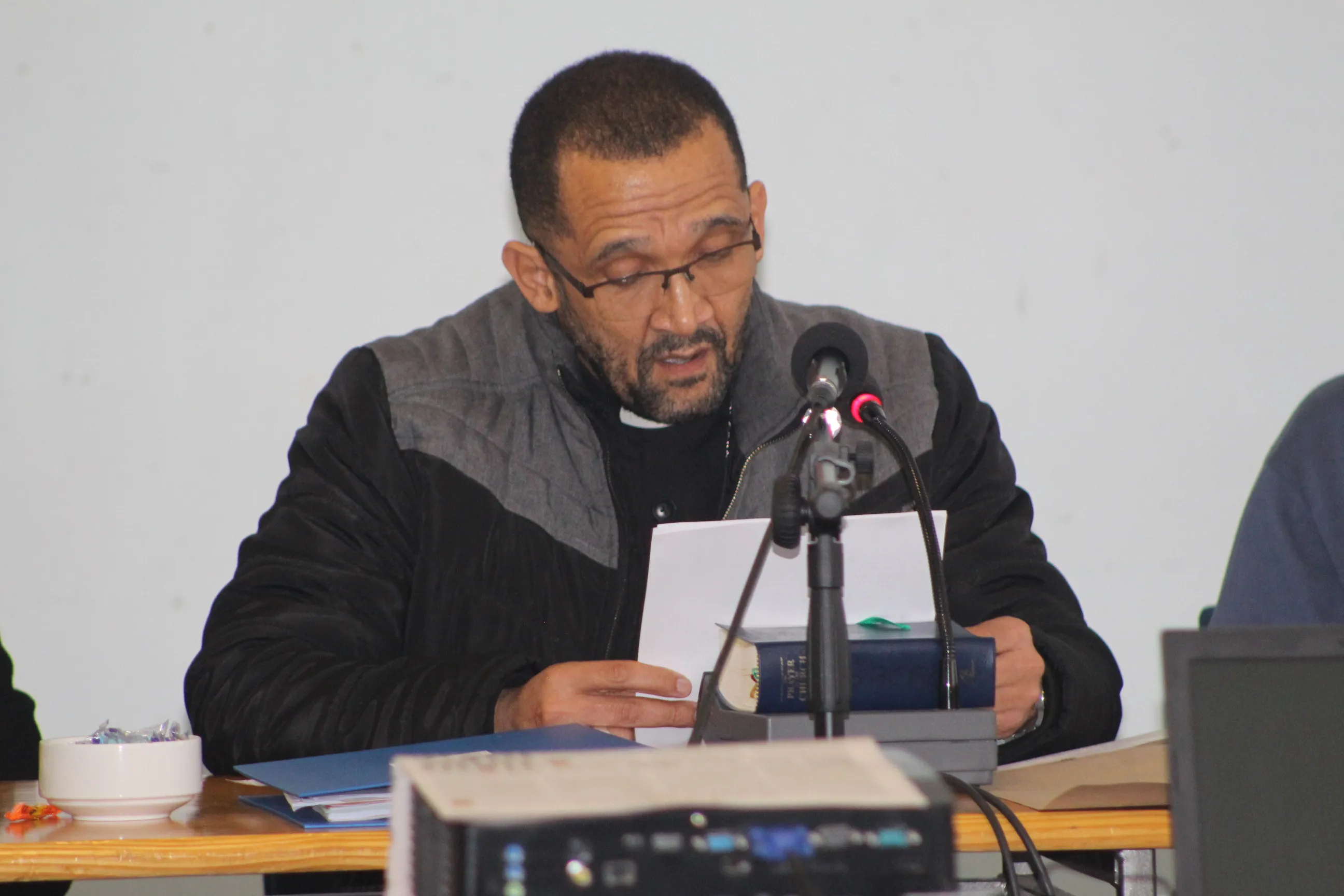In his March 11 statement, the Local Ordinary of Mthatha Diocese who doubles as the President of the Southern African Catholic Bishops’ Conference (SACBC) says that while the health workers have the right to ask for fair wages, “the end of their cause does not justify their cruel and thuggish means.”
The acts of the striking health workers contradict the value of keeping healthy and alive poor people who cannot afford to go to private hospitals, he says.
Health workers, Bishop Sipuka says, are expected to "care for the poor with great sacrifice, most of the time with inadequate provision of means and space to do their work. As we saw during the height of COVID, sometimes they pay the ultimate price of losing their lives. They deserve to be respected, treated well, and paid well," Bishop Sipuka says.
In his view, health workers are poorly remunerated "not because of a lack of complaining by health workers but because of the lack of care by the authorities."
Still, SACBC President emphasizes in reference to striking health workers, poor remuneration “does not justify their method of raising their noble call for a decent wage, which includes preventing the sick poor from accessing health services when they need them most, intimidating those who choose to work and damaging hospital properties.”
The President of the Conference that brings together Catholic Bishops in Botswana, Eswatini, and South Africa calls upon Catholic health workers in South Africa to shun lawlessness and “criminal activities” that disrespect human life during their strike.
“I call on Catholic health workers, yes, to strive earnestly for a just wage but to dissociate themselves with forces and ideologies that lack respect for life and engage in lawless and criminal activities,” says Bishop Sipuka.
On Sunday, March 12, NEHAWU General Secretary, Zola Saphetha, announced that health workers in South Africa would continue with the strike in a “more intensified manner” from Monday, March 13.
In a March 10 report, the South African Medical Association (SAMA) chairperson is quoted as saying that while the association supports the health workers’ grievances, it is opposed to actions that compromise the health of patients.
“We support the strike. We are on record complaining about the conditions of service, complaining about the poor recognition and compensation of health care workers. We understand where they are coming from and we support them,” Dr. Mvuyisi Mzukwa says.








